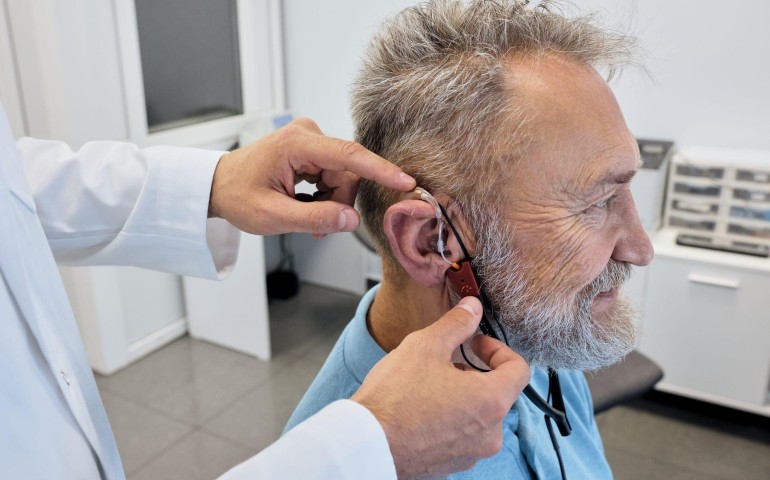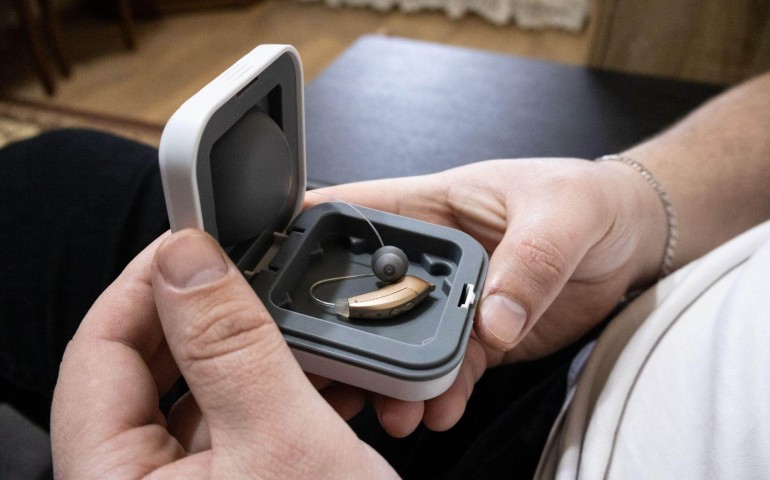Auditory processing disorder (APD) is a condition that affects our ability to understand speech. Adults with APD often struggle to distinguish similar sounds. Although the cause is unknown, there are possible links to premature birth, head injuries, ear infections, nervous system diseases, and genetics. One symptom that alerts us that we might have APD is when we continually have trouble understanding what is being said in noisy environments. Difficulty making out words and inability to follow directions also signal we might have an auditory processing disorder. To know for sure, a medical diagnosis, consisting of lab tests and sometimes imaging, needs to be made.
Hearing care is very important. Although APD can’t be cured, there are several effective treatments. We can modify the environment around us. We can work with a therapist. We can also make use of a listening device.
What to Expect at Home if You Have Auditory Processing Disorder
Those with APD often say "what" and "huh." We commonly ask multiple times for things to be repeated so we can understand. We tend to turn the TV volume up, hoping we'll be better able to make out the words. When we're asked to do something, we might act out what we think we heard rather than what was actually requested. Family members aren't always understanding either. When we ask to have something repeated they might think we're bad listeners. They might ask us to turn down the television because it hurts their ears or disturbs their "peace". They might also get impatient when they need to repeat directions or we don't do exactly what they ask.
What to Expect at Work if You Have Auditory Processing Disorder
"What" and "huh" are used during the work day too. It is so stressful to get a call and not be able to understand the words. Discussions in group settings like the cafeteria or staff meetings are virtually impossible to follow and there's always a feeling you're missing something. This can be very serious when the misunderstanding involves your boss and results in serious mistakes.
What to Expect in Public if You Have Auditory Processing Disorder
Going out into the public with APD is like going into the unknown where you don't know how people will react to you when you don't understand what they said. Going to stores, ball games, and other public places can cause a sense of dread.
For anyone having symptoms of auditory processing disorder, you need to get a formal assessment from an audiologist or speech pathologist. For more information, call Beltone DFW today for your hearing care.






